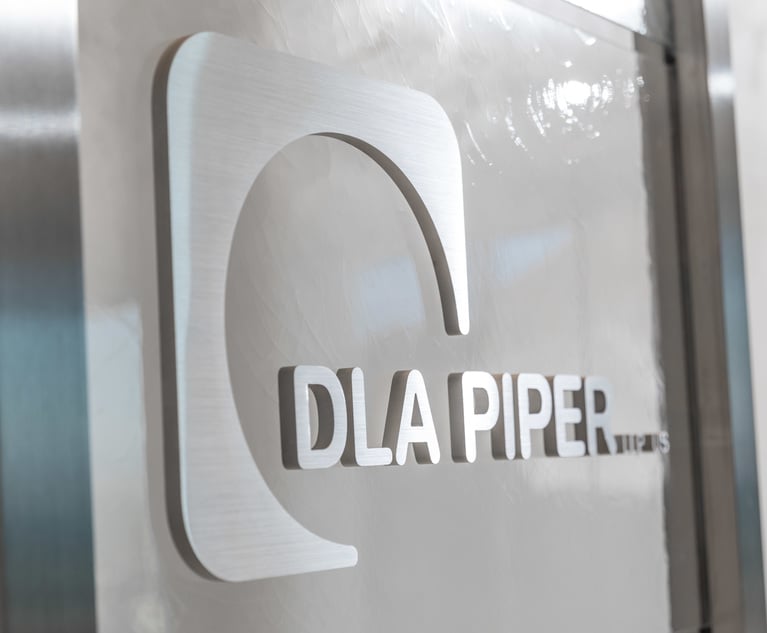Lawyers generally do not provide banking, lending or investment services in-house and their trustee companies therefore generally (and naturally) go out of house for such services. Banks, on the other hand, are frequently attracted to trust operations because of the inherent demand of such companies for banking, lending and investment services. Such services can frequently be more profitable than fiduciary services in their own right. Equally, research shows that banks that have a trustee relationship with their clients generally enjoy those relationships for longer than pure banking relationships (source: Boston Consultancy Group).
In all trust companies an essential issue is reconciling trustee principles, such as the duty of independence, with the provision of banking services and products. For independents the issue often manifests itself in commission arrangements. In the case of a bank, the provision of internal products and services into the trust company has to be carefully thought through and managed. Underperformance can rapidly be translated into breach of trust and personal liability for trustees.







